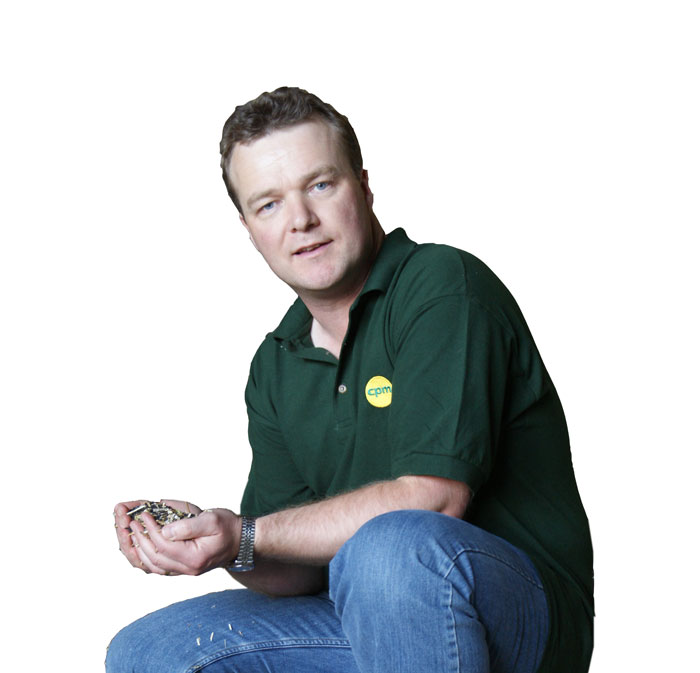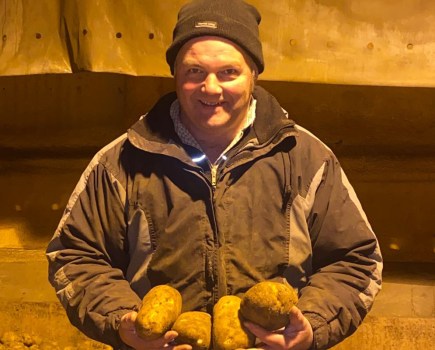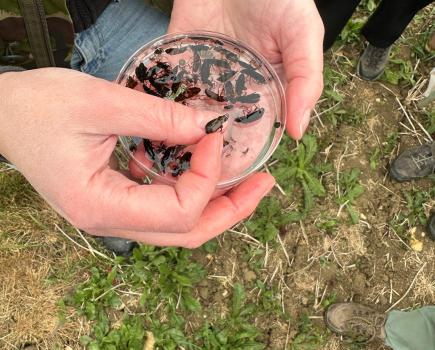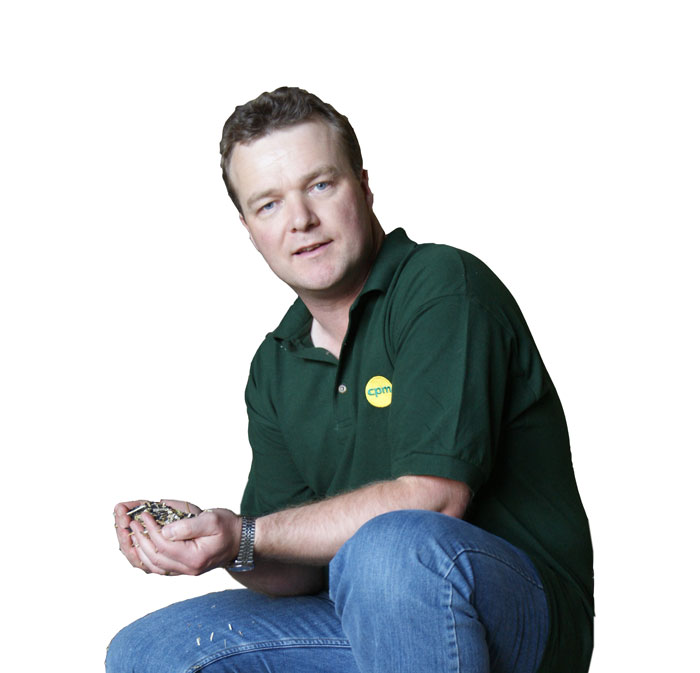 I’ve recently finished reading Mark Lynas’ new book Seeds of Science, and it’s one I’d thoroughly recommend.
I’ve recently finished reading Mark Lynas’ new book Seeds of Science, and it’s one I’d thoroughly recommend.
Mark is an environmental campaigner who famously did a volte face at the Oxford Farming Conference in 2013 – previously an anti-GMO activist, he now campaigns for the right of subsistence farmers in Africa, and other third world countries, to be allowed greater access to the technology, and for scientists to be allowed more freedom to research its potential. What’s disturbing are the accounts he relays of NGOs, funded by wealthy European consumers, who directly put pressure on these farmers, the scientists and even African governments as they continue their battle to ban GMOs.
The book relays the story of the Tanzanian farmer whose cassava crop has failed because of a devastating disease and now he doesn’t know how to feed his family, let alone others in the village who depend on his crop. There’s the scientist trying to conduct field trials on the cassava variety that has been genetically engineered to carry resistance to the disease, but faces insuperable regulatory challenges and massive legal penalties if he falters on just one. Both have been fed horror stories by the NGOs, entirely unfounded, on what would happen if they allowed GMOs into their fields and their community.
As I read these accounts it makes me ashamed to be a European farmer and a European consumer – my actions have indirectly led to this, and people are starving as a result.
I’m not saying I’m against GM technology at all – quite the opposite – but I’m faced with the fact I’m not allowed to use it on my farm. If I can’t use it to produce food for European consumers, who don’t want the technology, that’s fine, I won’t grow it. But I feel it’s morally reprehensible for those consumers to then demand cheap food from countries that do allow GMOs, so I’ll campaign in favour of phytosanitary regulations that draw the distinction between GM and non-GM food – I grow to higher standards and suffer higher costs as a result, and that should be recognised through the purchasing decisions Europe makes.
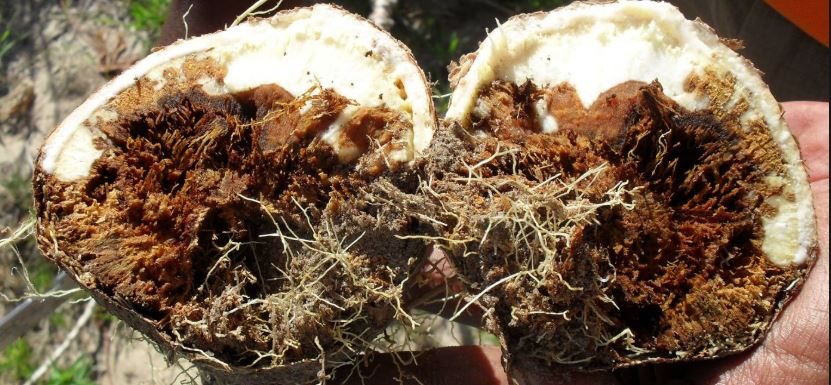
Subsistence farmers in Africa are denied a GM cassava resistant to brown streak virus thanks to the efforts of NGOs funded by wealthy European consumers.
By the time my stand on GM has got back to the farmers in Africa, it’s undergone quite a translation, thanks to the well funded efforts of NGOs who claim they’re stating my case. They’re told that if they want to grow green beans for a European consumer they’ll face heavy penalties if they let GMOs near their land. They’re told if they grow GMOs to feed themselves, they’ll risk horrific health problems and it’ll even affect their sexual orientation.
So where does this leave me on neonics? Like many other farmers, when the decision finally came through to ban them from crops grown outdoors, I turned in my fury to Twitter, calling on a ban an all food imports into the EU grown with neonics – anything less would be morally reprehensible and two-faced, I said. And if those tweets do have their desired effect, just what will be the consequences for subsistence farmers around the world who may rely on neonics to feed their communities?
For me, the arguments over neonics were never about the bees – it was about choice. I’d stopped using them as seed dressings on flowering crops before the original restrictions came in – we’ve evolved our farming practice and learned to live without them. I’m not convinced there’s a single bee nor pollinator that’s benefited, but there are other things I do that I know have definite benefits for them, such as encouraging wildflowers in meadows and field margins.
But I resent that decision being taken out of my hands and made by someone in Brussels who’s never even visited my farm – hence my fury, and this is where the rot starts that eventually may lead to greater levels of starvation in the third world.
History will one day relay whether the decision on neonics was right or wrong, but my opinion will always remain the same – that these decisions should be made at a farm level, not at a government nor EU level. It’s the same when it comes to forthcoming decisions on glyphosate, on endocrine disruptors and, importantly, the imminent decision on new breeding technologies, such as gene-editing.
You just wonder what sort of sorry state we’d be in if the EU had got in the way when the Haber-Bosch process for fixing nitrogen into fertilisers was discovered, or if NGOs had intimidated Norman Borlaug into abandoning semi-dwarf wheats.
Tom Allen-Stevens has a 170ha arable farm in Oxon, and currently can’t decide on what to do about the km of hedge that have mysteriously disappeared from the RLR maps. @tomallenstevens

